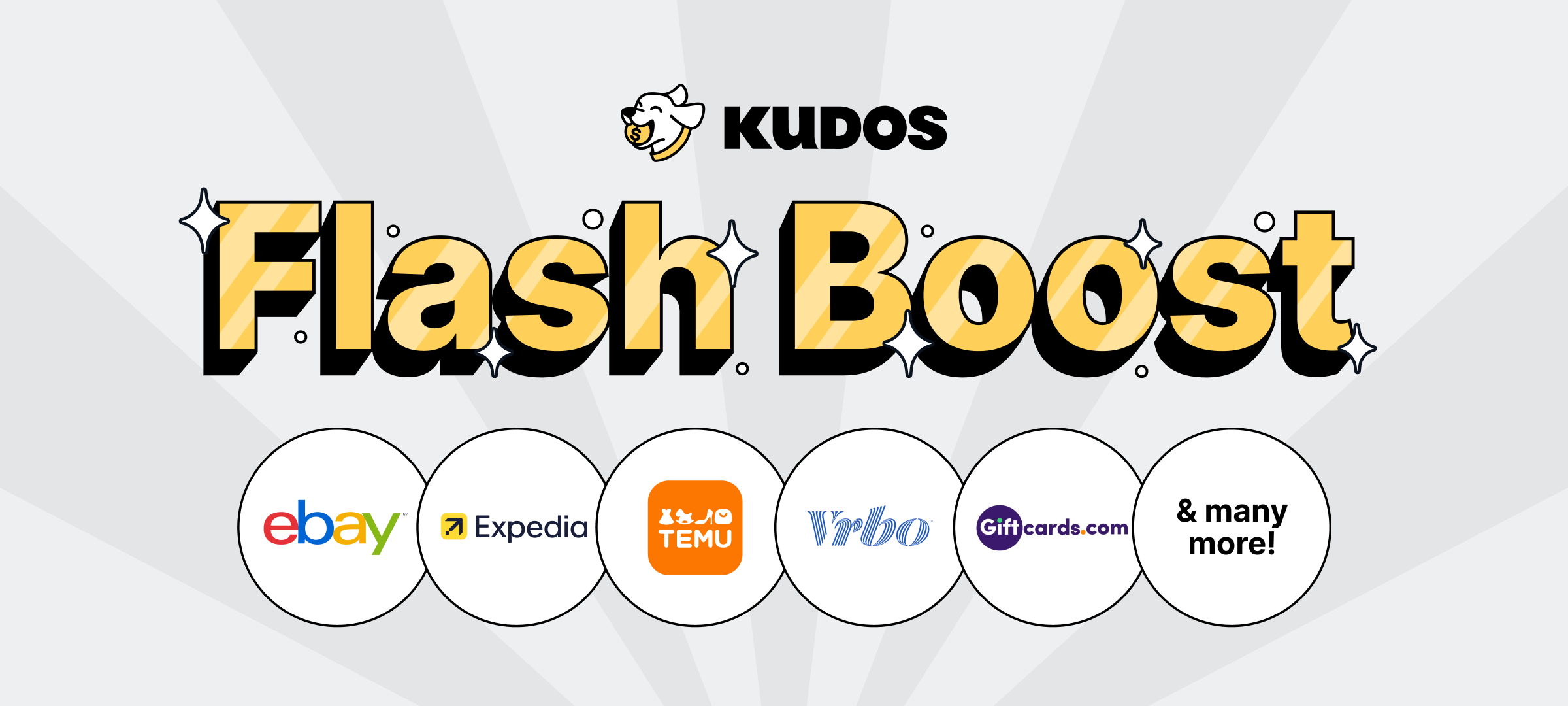
Kudos has partnered with CardRatings and Red Ventures for our coverage of credit card products. Kudos, CardRatings, and Red Ventures may receive a commission from card issuers. Kudos may receive commission from card issuers. Some of the card offers that appear on Kudos are from advertisers and may impact how and where card products appear on the site. Kudos tries to include as many card companies and offers as we are aware of, including offers from issuers that don't pay us, but we may not cover all card companies or all available card offers. You don't have to use our links, but we're grateful when you do!
529 Credit score: What You Need to Know in 2025
July 1, 2025


TL;DR
A 529 credit score is a starting point that presents a clear path toward building a stronger financial future. According to the FICO model, this score is considered 'Poor,' which simply indicates a significant opportunity to improve your credit and unlock better financial options.
What Does a 529 Credit Score Mean?
A credit score of 529 falls into the "poor" range on the FICO scale, which runs from 300 to 850. Lenders generally view this as a sign of high risk, making it difficult to get approved for new credit cards or loans. If you are approved, you'll likely face higher interest rates and less favorable terms, which increases the cost of borrowing and can impact your overall financial health.
However, a 529 score isn't a permanent mark. It's simply a snapshot of your current credit situation and a baseline from which you can improve. Building a stronger credit profile is possible over time, which will eventually unlock better financial opportunities and more favorable lending terms.
Who Has a 529 Credit Score?
While a 529 credit score can happen at any age, younger individuals tend to have lower credit scores on average. This is often because they have had less time to build a positive payment history. According to 2023 Experian data, there's a clear trend of credit scores improving with age. Here’s a look at the average FICO score by generation:
- Generation Z (ages 18-26): 680
- Millennials (ages 27-42): 690
- Generation X (ages 43-58): 709
- Baby Boomers (ages 59-77): 745
- Silent Generation (ages 78+): 760
Credit Cards With a 529 Credit Score
A credit score of 529 falls into the "poor" range, which can significantly impact your ability to get approved for a new credit card. Most lenders view this score as high-risk, meaning you'll likely face rejections for traditional, unsecured cards that offer premium rewards or low interest rates. While it's not impossible to obtain a card, your options will probably be limited to products specifically designed for building credit, which often come with higher fees and less favorable terms.
Kudos offers an AI-powered Explore Tool that acts as a personalized matchmaker, asking about your preferences to find the best fit from a database of nearly 3,000 cards. This process considers your financial situation and credit needs, recommending products suitable for everything from building credit to maximizing rewards.
Auto Loans and a 529 Credit Score
A credit score of 529 places you in the subprime category, which lenders view as a higher risk. While you may still get approved for an auto loan, you can expect to face significantly higher interest rates than borrowers with stronger credit profiles.
According to a 2025 analysis, average auto loan interest rates break down as follows by credit score:
- Super-prime (781-850): 5.25% for new cars and 7.13% for used cars
- Prime (661-780): 6.87% for new cars and 9.36% for used cars
- Non-prime (601-660): 9.83% for new cars and 13.92% for used cars
- Subprime (501-600): 13.18% for new cars and 18.86% for used cars
- Deep subprime (300-500): 15.77% for new cars and 21.55% for used cars
Mortgages at a 529 Credit Score
A 529 credit score makes buying a home challenging, but not impossible. According to mortgage loan requirements, your primary option is an FHA loan, which accepts scores as low as 500 if you can make a 10% down payment. While VA and USDA loans have no official minimum score, most lenders require scores of at least 580-620, making them difficult to secure. Conventional loans are generally not available for scores this low.
If you do qualify, a 529 score significantly impacts your loan terms. Expect to face higher interest rates and fees, including steeper mortgage insurance premiums on an FHA loan. Lenders will also conduct a stricter review of your finances, including your income stability, debt-to-income ratio, and cash reserves to offset the risk.
What's in a Credit Score?
Figuring out what goes into your credit score can feel like trying to solve a complex puzzle, but it generally boils down to a handful of key financial habits. Here are the most common factors that determine your score:
- Your history of making payments on time is the most significant factor.
- The amount of your available credit that you're currently using, known as your credit utilization ratio, plays a major role.
- How long you've had your credit accounts open contributes to the length of your credit history.
- Lenders like to see that you can responsibly manage a variety of credit types, such as credit cards and loans.
- Opening several new credit accounts in a short period can be seen as a risk and may temporarily lower your score.
How to Improve Your 529 Credit Score
Improving your credit score is an achievable goal that relies on consistent, positive financial behaviors. With a dedicated strategy, you can take actionable steps to repair your credit and see meaningful changes.
- Monitor your credit reports. This allows you to find and dispute any errors or fraudulent activity that may be dragging down your score. For a 529 score, correcting even a single inaccuracy can provide a significant and immediate boost.
- Establish automatic bill payments. Your payment history is the single most important factor in your credit score, so this ensures you never miss a due date. Preventing late payments is a critical step to stop your score from dropping further and begin rebuilding.
- Reduce your credit utilization ratio. High balances on credit cards often lead to low scores, so paying them down demonstrates responsible credit management. Keeping your total balance below 30% of your total credit limit is a powerful way to quickly improve a 529 score.
- Become an authorized user. You can leverage someone else's good credit history by being added to their account, which is especially helpful if your own credit file is thin. Their long history of on-time payments and low utilization can help raise your score.
As you work to improve your financial habits, Kudos can help you maximize your credit card rewards.
Unlock your extra benefits when you become a Kudos member

Turn your online shopping into even more rewards

Join over 400,000 members simplifying their finances

Editorial Disclosure: Opinions expressed here are those of Kudos alone, not those of any bank, credit card issuer, hotel, airline, or other entity. This content has not been reviewed, approved or otherwise endorsed by any of the entities included within the post.



































.webp)







.webp)